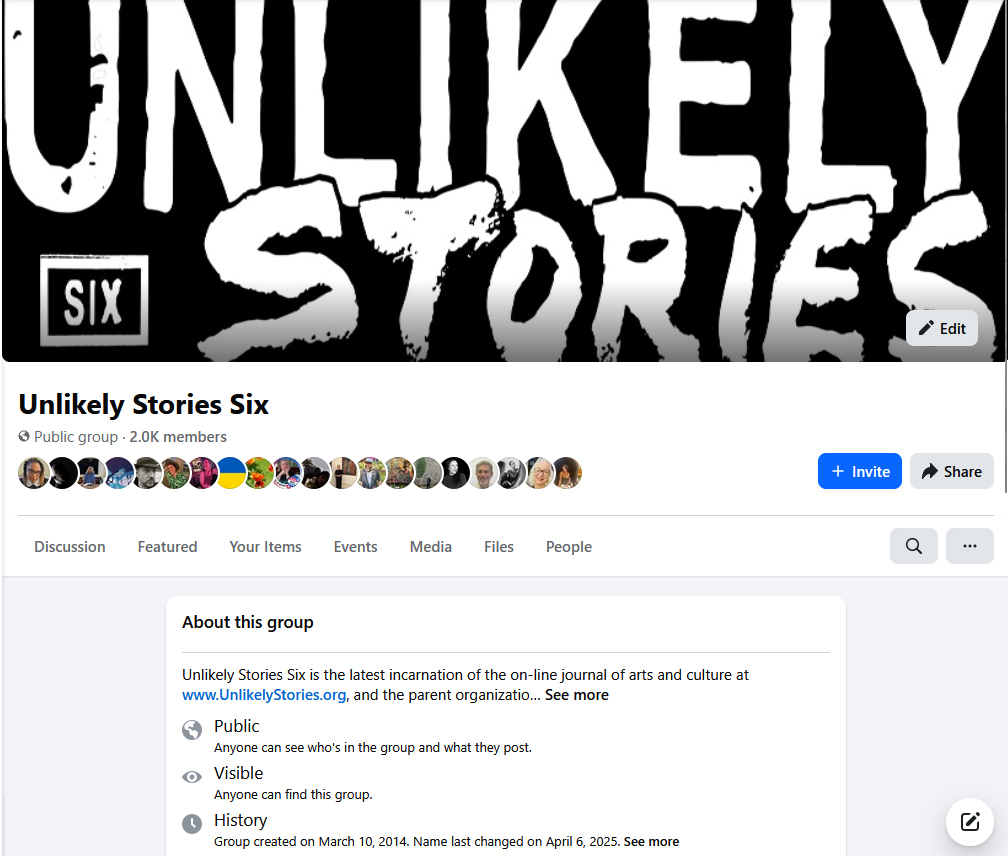I’ve always loved being outdoors. My parents were hippies and I grew up in a cabin in Happy Camp, in Northern California. They were part of that “back to the land” movement of the 1970s, you know, organic farming and the whole “chop wood, carry water” Zen thing though, at least, our water came from a spring up above and down to the house, so we didn’t have to pack it all in. I’m sure you’ve seen “Mountain Spring Water” for sale at the store. It still cracks me up when I see those little plastic bottles.
They did what they could to try to be self-sufficient, raising chickens, milking goats, growing food to eat and, of course, their weed for home use and a little cash now and again. It was almost a religion for them.
Dad was a tree planter when I was little and away from home a lot during the winter. He joined a co-op, the All-Star Space Cadet Reforestation Cooperative was the full name of it, but no one ever actually said it like that, just “All-Stars.” Mostly mom and I and my brother Sunny and my sister Rainy stayed home but sometimes we’d go and camp with the crew up in the mountains while they were working on a contract. They were really a nice bunch of people, very muddy from the work but fun-loving. Some of the planters were women but it was mostly men. Everyone was living in their tents and their homemade wooden pickup campers and old converted school buses. We got to run around with the other kids, and it was fun exploring in the woods, you know, catching crawdads in the creeks and making mud pies.
I must have been about seven years old when dad finally got summer work with the Forest Service. Something happened with the co-op, I don’t know, maybe a recession or I think there was some kind of change in the laws or maybe some kind of combination of things. Anyway, when he was planting, he was away for months in the winter and spring but, after that, he was working from home all summer, picking up little carpentry jobs.
My folks were involved with the environmental movement. They used to talk about it all the time, how the salmon runs were getting smaller, and the big old trees were disappearing.
Now this Halo Chuck Timber Sale thing’s coming up. People are already getting pissed off over it and it really looks a lot like the whole spotted owl thing all over again. That was just awful—the things that were said back then, the lies and the sheer ugliness of it all. How can people who claim to be leaders go out there and urge people to hate their neighbors? They do that and yet they still think that what they’re doing is OK—that they’re good, decent people who are doing the right thing?
I know people who got death threats back then because they said that we should slow down on cutting old growth forests. People hated the owl. There was a Spotted Owl Cookbook they sold at the market and “Spotted Owl Pizza” at the Logger’s Plaza pizza joint. I remember, one time, right in the middle of it, the paper ran a letter to the editor offering “A Recipe for Solving the Spotted Owl Problem.” It began with “two ounces of buckshot in the backside of certain environmentalists.” Dad was so pissed off about that. I remember him sitting at the dinner table reading that and saying, “What the fuck were the editors thinking? That it was satire? If you had a phone call in the middle of the night from someone threatening to kill you, would you consider that satire?”
Well, thank God for caller ID these days. It’s put a halt to those kinds of calls anyway.
But that anger is still out there, decades later, even after the politicians who were stirring things up have all passed away or retired or moved off somewhere. Resentment is stubborn stuff, you know, and the lies that get spread are so easy to start and so hard to stop once they catch on.
And for what?
The companies say that taking care of the environment is a threat to us. It’s a threat to their profit margin, OK, I get it. But profit isn’t really real, is it? It’s not real like people are real, or like the forest is real or love is real or pain. It’s just an abstract concept, isn’t it? For that matter, corporations aren’t real either—just some paperwork that they filed with the state. It’s all so hopelessly abstract. It’s so damned frustrating. How can legal fictions be allowed to destroy the world we live in? Does that make any sense to you?
But that’s how I see it: abstract legal fictions against everything that’s real.
And the unholy crap that these companies use to denigrate and intimidate people who just want to protect the world from the damage these outfits cause disgusts me. It’s the crudest demagoguery imaginable, designed to piss people off so they’ll hassle and intimidate their neighbors. Well, when it comes to it, there’s “neither a backside to be kicked nor a soul to be damned,” as they say.
I just wish there was some way to give a conscience to a corporation, you know? Imagine that. Instead, we have these huge mindless things stomping around and crushing anyone or anything that gets in the way, like a bulldozer with no driver, just rolling along in a straight line, rolling over everything along that line without any regard for the consequences. But there are always consequences, real consequences, sometimes terrible consequences.
Halo’s a sort of sacrificial lamb that pays the price of greed. The outfits that exploit and destroy our forests and rivers aren’t from around here. Very little of the money that comes from this ever stays around here. It goes away to people in far-off places who don’t even know where their money actually comes from. To them it’s just some dividends, some digits that show up in a bank account every three months. But we live here in our town. We are the land’s people but the land we live in isn’t ours. It belongs to nobody knows who, to thousands of investors who don’t know us, don’t know our land, and don’t even care to know. That’s what hurts the most, if you want to know, the thoughtless inhuman nature of it.
Well, it seems hopeless sometimes, but I don’t know, maybe things will change as the kids grow up and the old folks die off. That’s my hope: the kids. I like to help out with our local environmental group’s nature hikes for kids, showing them the things that I learned about when I was a child: moss and bugs and mushrooms and all the things you don’t get to see and touch when you’re glued to a TV set all day like so many of these little guys are. I remember one little girl, a four-year-old, and she knew the names of all the Disney princesses and all the new toys and such, but she didn’t know the names of the flowers. I felt good showing her the daisies and poppies and roses and lilies in her yard, but at the same time, I felt so sorry for her, growing up so cut-off from the world, missing out on the beauty and the wonder, the magic of it all.
For me, there’s so much comfort and joy in just knowing the names of all the critters and the wildflowers, knowing that we are just part of this amazing world of dragon flies and butterflies and sounds and smells and the way the seasons change and that we’re all part of it too—not separate, but as natural as the all the rest of it. Sometimes it just blows my mind, you know?
More stories about the town of Halo can be found at Unlikely Stories Mark V.





Add comment